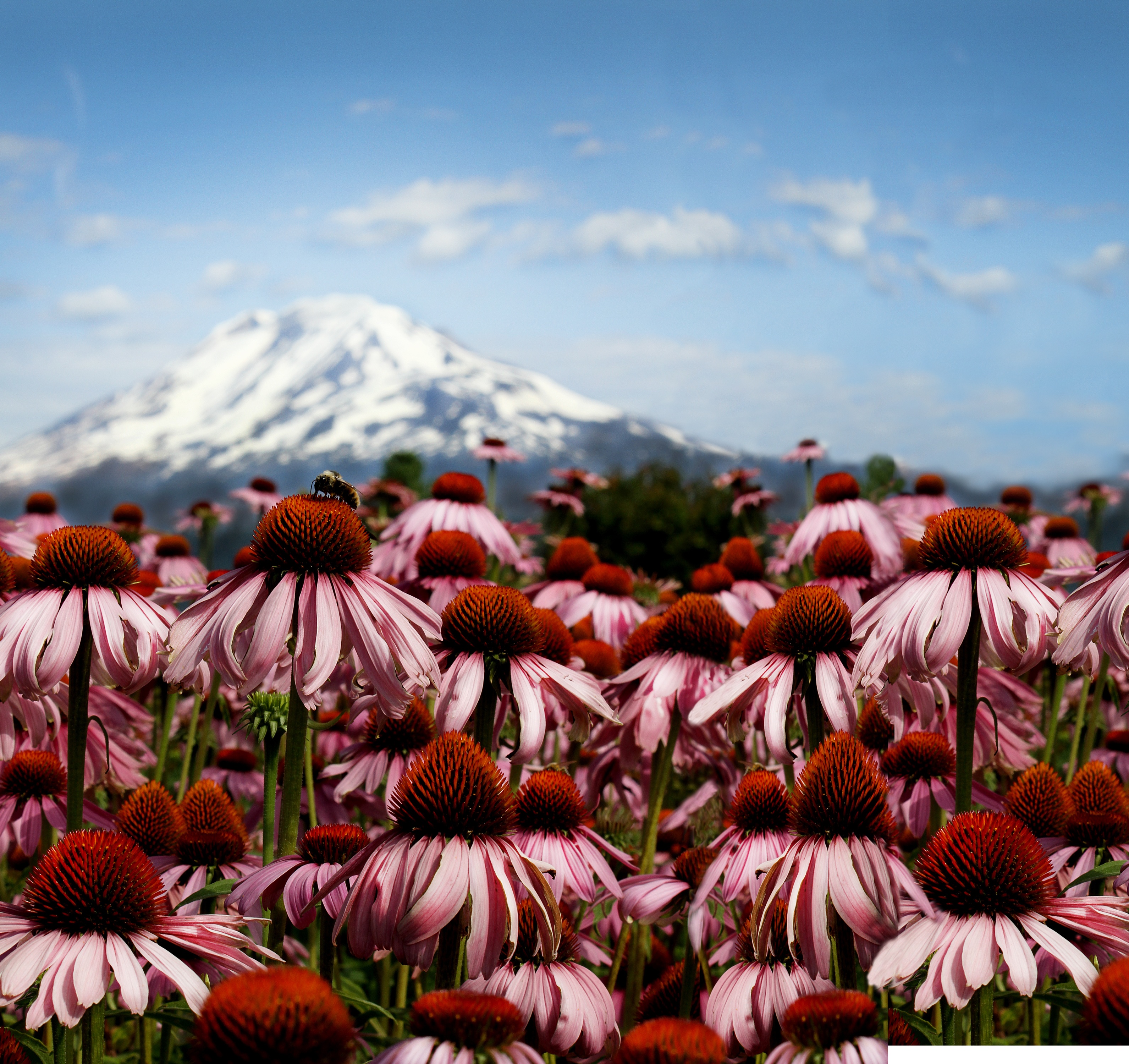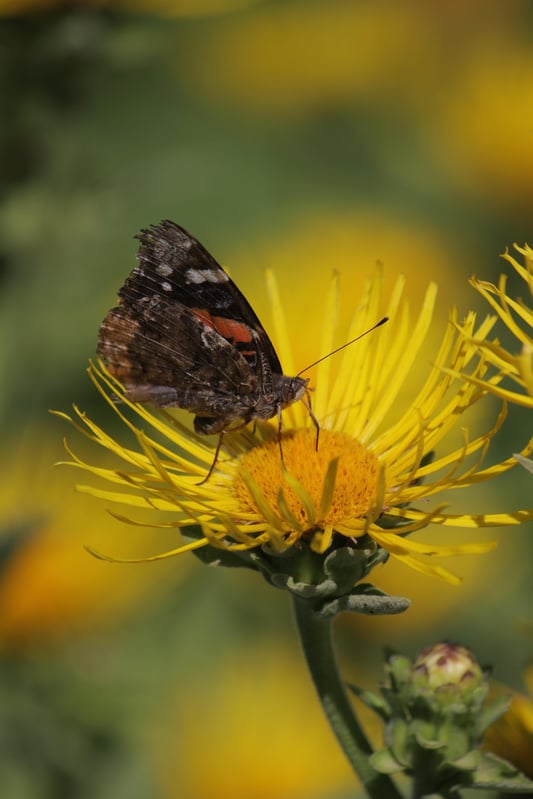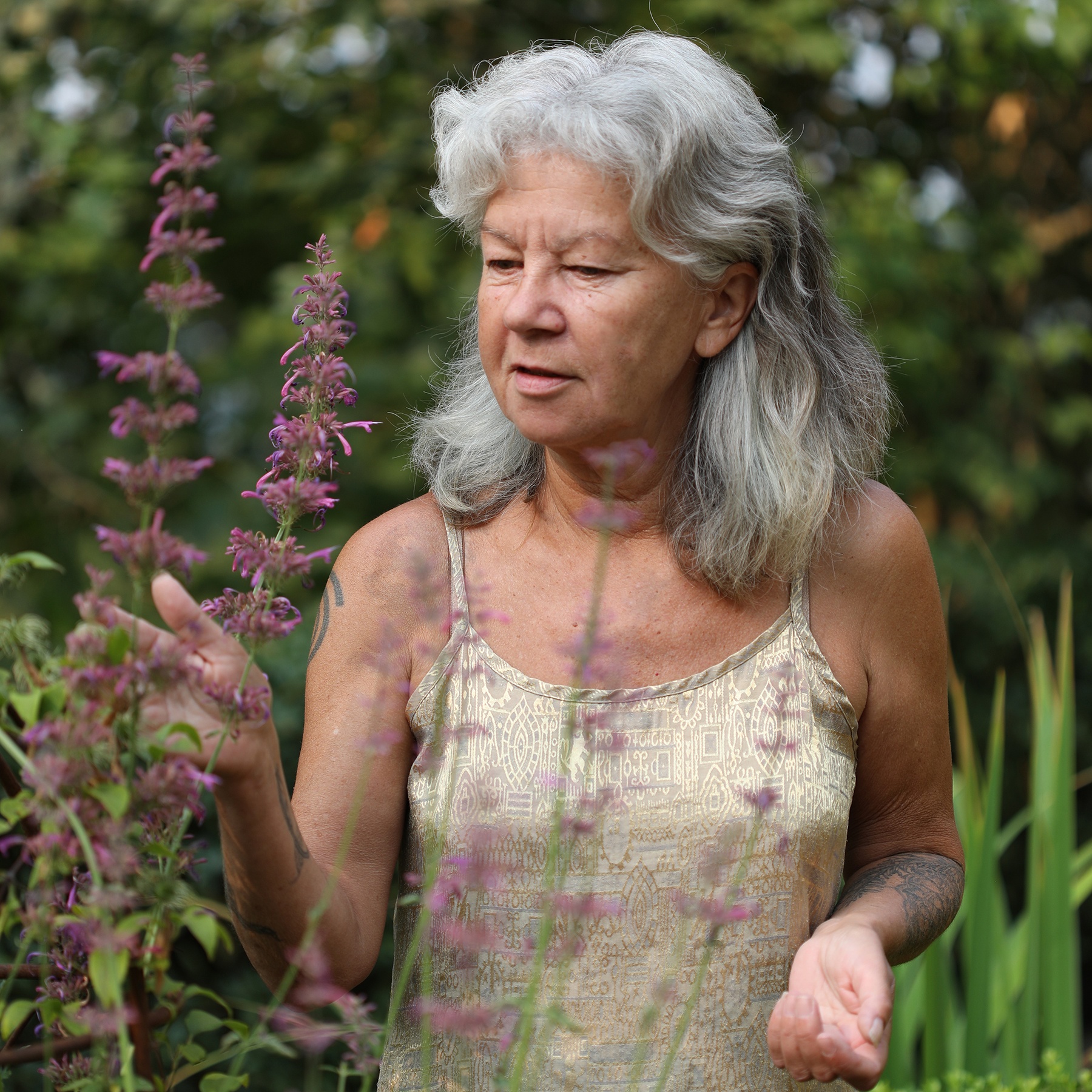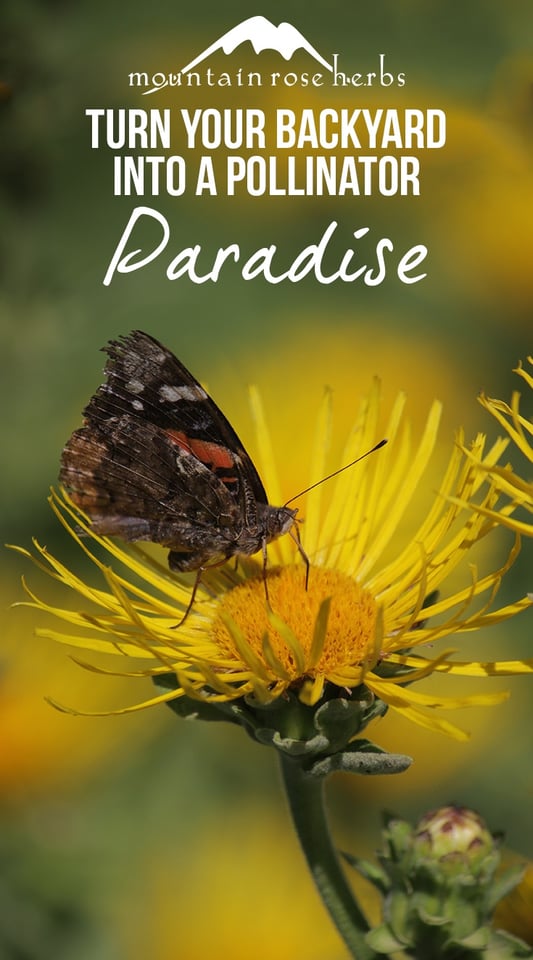In midsummer, our fields of certified organic Echinacea purpurea are a purple blaze as far as the eye can see. The nearly shoulder-high flowers that take root in these Pacific Northwest soils are a pollinator favorite, and native bees and butterflies flock to the fields in droves. The sheer multitude of winged beings that encircle each bloom is an impressive sight to behold—visual proof of the power of organic agriculture.
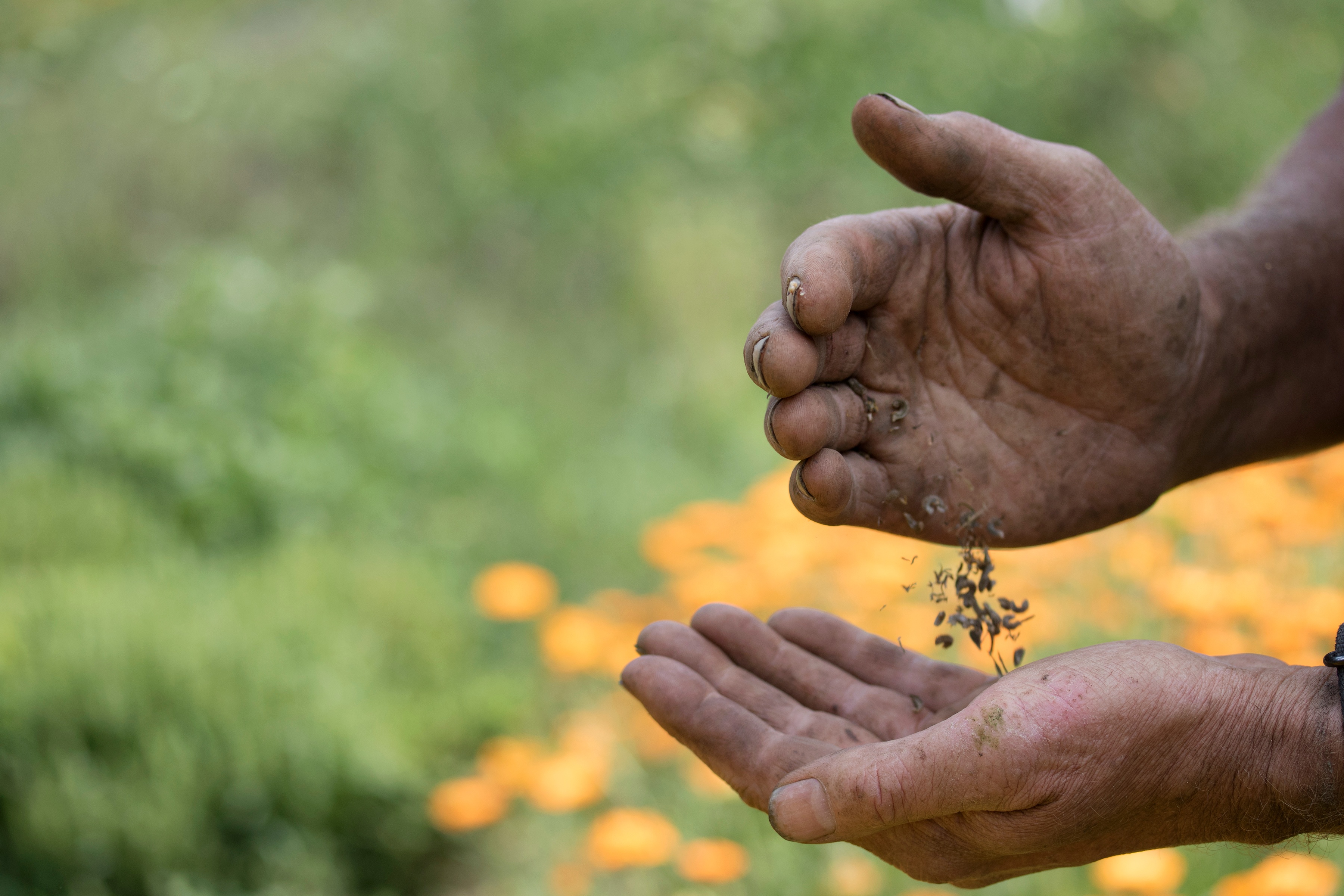
While the blooms do wonders to attract pollinators, growing our echinacea organically ensures that the insecticides that keep away “unwanted pests” in conventional agriculture don’t also wreak havoc on our winged friends. The neonicotinoids that are regularly a part of the synthetic insecticide cocktails used on conventional fields are chemically similar to nicotine, and new research shows that, as with humans and nicotine, bees can become addicted to neonicotinoid pollen, which rapidly increases the level of toxicity in the hive and contributes to colony collapse.*
Synthetic pesticide avoidance is an obvious benefit of organic farms, but organics offer several lesser-known perks for pollinators as well, including protecting native habitat. Studies have shown a higher abundance and wider diversity of pollinators on organic farms, and one study even found that organic agriculture can help increase biodiversity on nearby conventional farms too!*
For those plant-loving green thumbs out there, you can support pollinators by doing more than just buying organic products. Create an organic refuge in your own backyard! Pollinator-friendly plants are not only beautiful, but having an abundance of native bees nearby can increase the yield of your fruit trees and vegetable gardens too, so it’s a win-win. For a convenient option, check out our new Butterfly Lover and Honeybee Lover seed sets.
Tips For Growing Your Own Pollinator Haven:
Here are some tips for getting started with your own pollinator-friendly patch:
- Keep things low maintenance and organic. Group plants with similar sun and water needs together.
- Include a diverse group of flowering plants. Choose ones that extend the flowering season from early spring into winter. Mountain Rose Herbs co-owner, Julie, cultivates a garden full of Pacific Northwest natives, including conifers, oaks, huckleberry, and flowering currant. In the sunny areas, there are many varieties of organic lavender, organic thyme, organic sage, organic rosemary, organic echinacea, organic hyssop, organic agastache, and organic bee balm.
- Don’t forget a water feature. All those pollinators need a drink when they’re working hard!
Looking for more ideas to support our winged friends?
You may also be interested in:
*Research provided by The Organic Center, a nonprofit organization that communicates about and conducts science of interest to the organic community. Learn more: www.organic-center.org.

